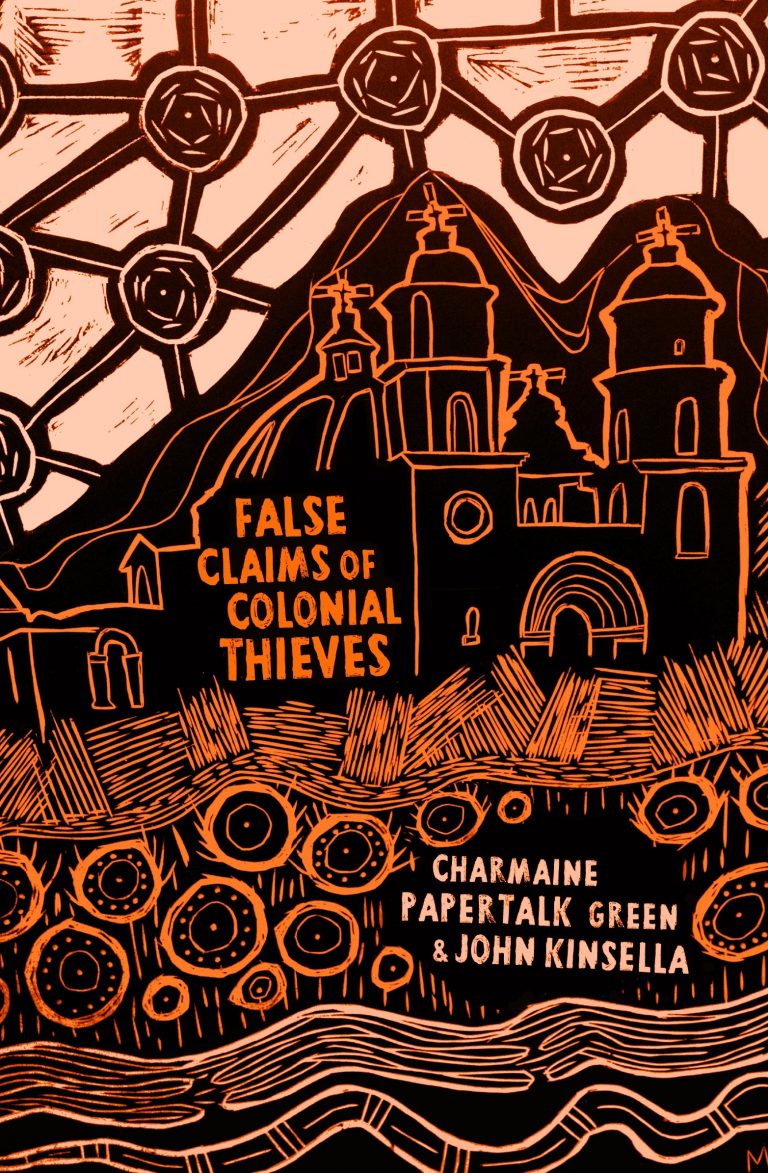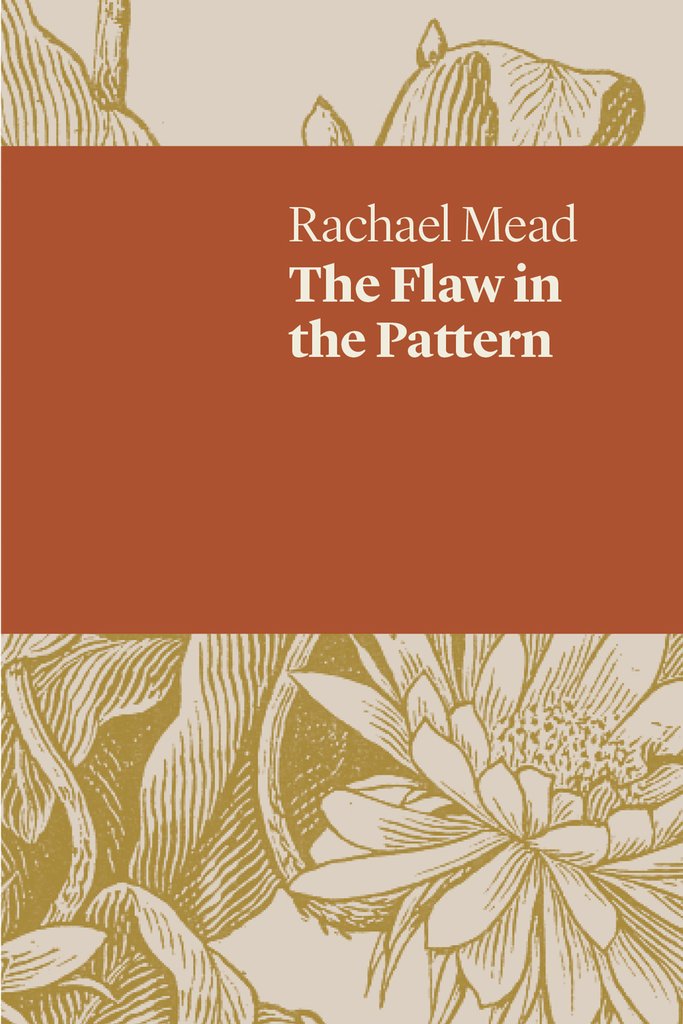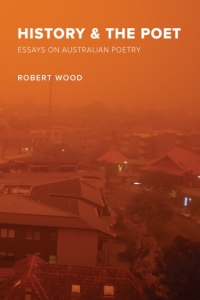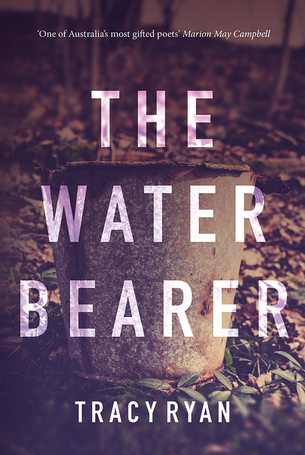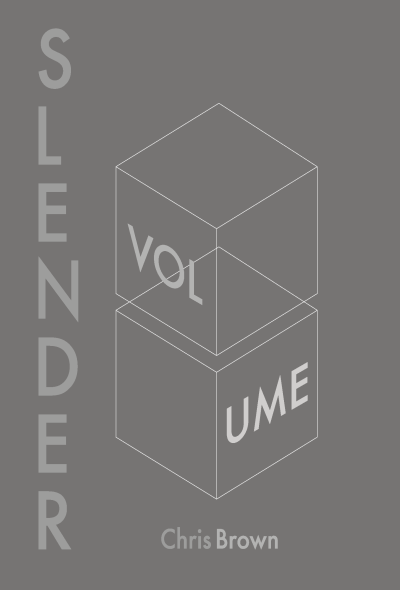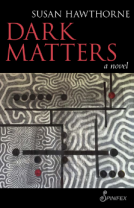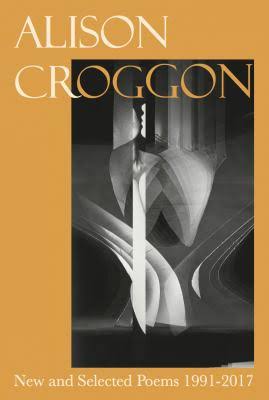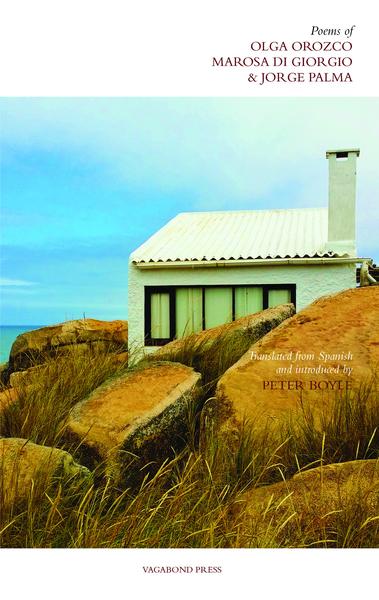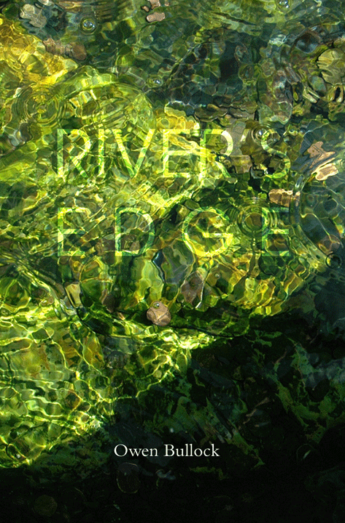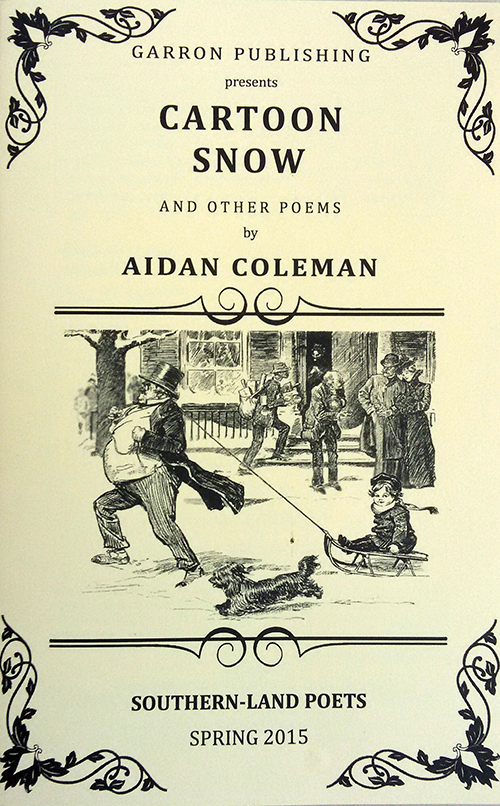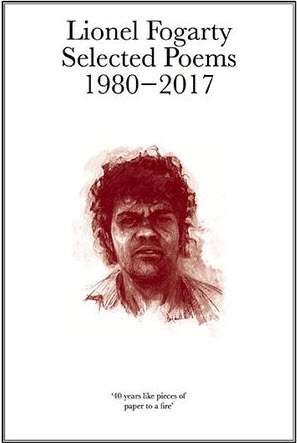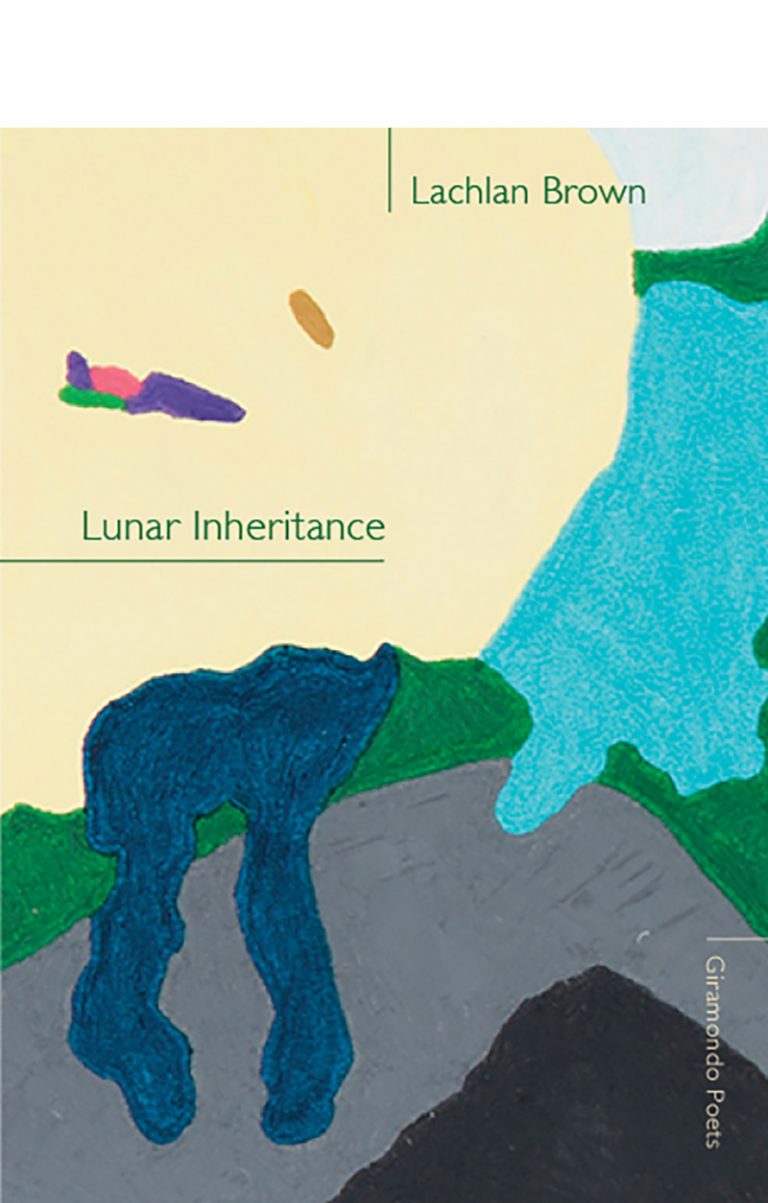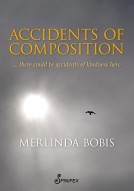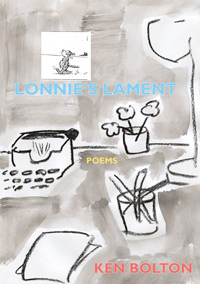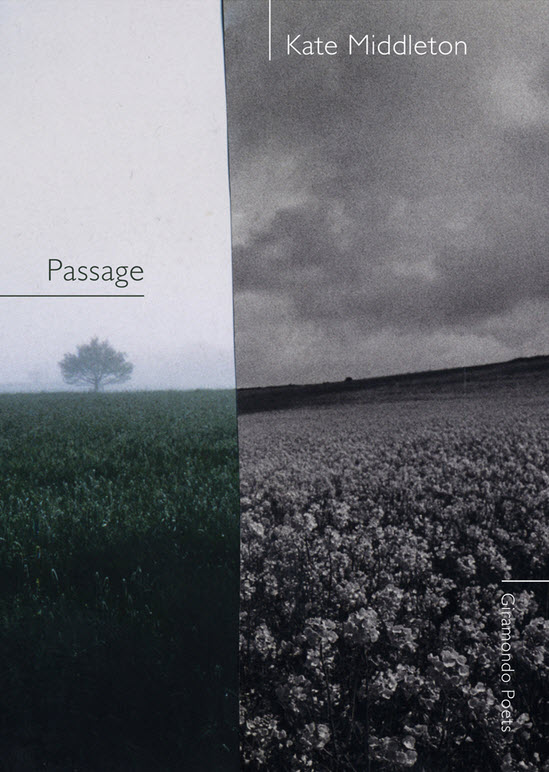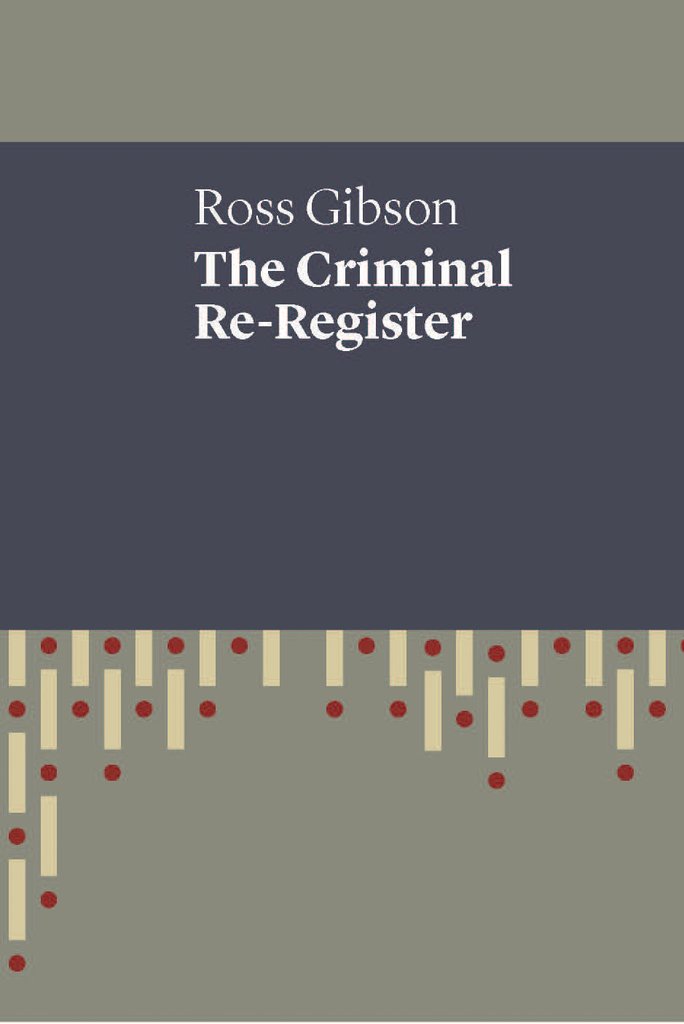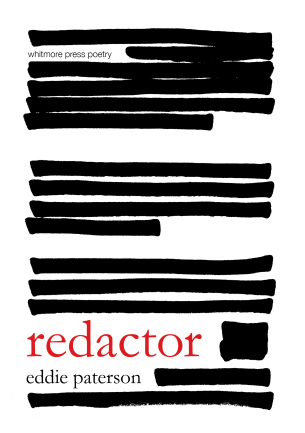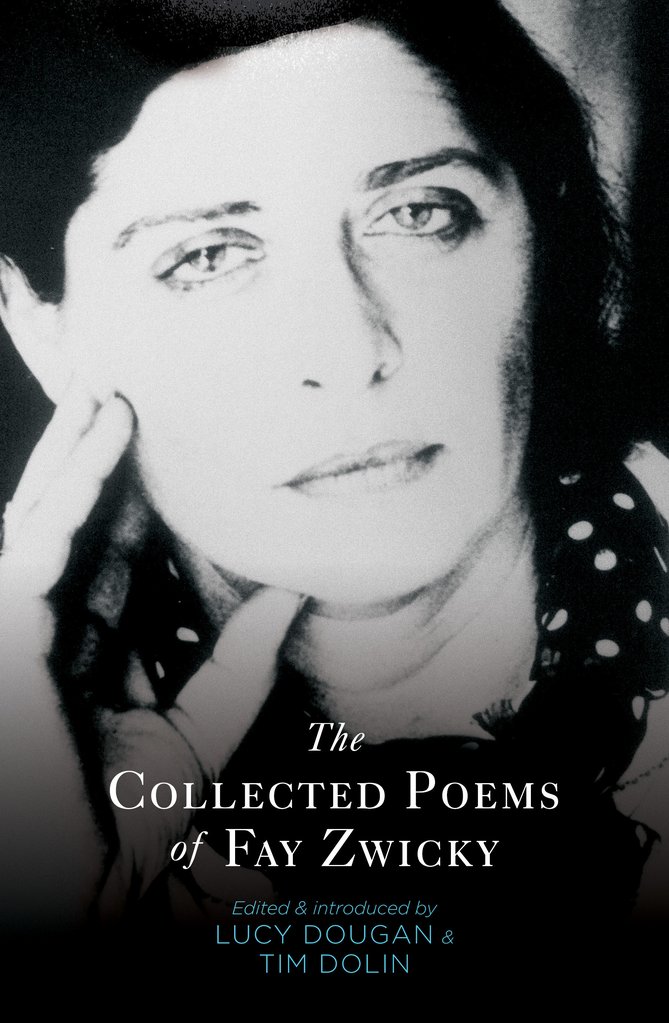BOOK REVIEWS
Review Short: Selina Tusitala Marsh’s Tightrope
I like the way a backyard door opens ‘parting sooty / veils of flies,’ in the first poem of Selina Tusitala Marsh’s Tightrope. Outside are Max V, Lima and Ono (‘knotted fur, nettling bones / fat eyes, fat hunger’).
Review Short: Charmaine Papertalk-Green’s and John Kinsella’s False Claims of Colonial Thieves
False Claims of Colonial Thieves weaves together two disparate voices, Charmaine Papertalk-Green and John Kinsella, in a demanding collection that reaffirms the troubling environmental era we are living through. Structurally, the book shifts between traditionally oppositional views – an Aboriginal woman and a white man.
Review Short: Andy Jackson’s Music Our Bodies Can’t Hold
The Music Our Bodies Can’t Hold’s premise is unique: 54 poems for the 54 chromosomes in the human body. Each poem is distinctive in typography and voice, gleaned from a primary source interview of a public or private figure believed to have Marfan syndrome.
Review Short: Rachael Mead’s The Flaw in the Pattern and Philip Nielsen’s Wildlife of Berlin
Holding each of these books is a pleasure. Their two-tone covers have different but complementary botanical design motifs while the master design elements of the UWAP Poetry series, pushing on 23 titles, of which they are part gives them a uniform appearance.
Johanna Featherstone Reviews History and the Poet
Although Robert Wood’s History and the Poet is described as essay, it defies being labelled as one genre. Perhaps like the definition of poetry itself, which shifts and changes between individuals and contexts, language and culture, so do Wood’s words.
Review Short: Shastra Deo’s The Agonist
Shastra Deo’s first volume of poetry, The Agonist contains many poems about corporeal life, and about the separation of bodies, problematising the connections between body and thought. The poems often turn the inside out, as it were, opening up a poetic anatomy of internal organs and interior life.
Review Short: Tracy Ryan’s The Water Bearer
‘… the poem / will cover a multitude of signs.’ This line, appearing early in West Australian author Tracy Ryan’s ninth poetry collection, can be read as connecting directly to what’s been posited as the very purpose of poetry: to confound or thicken language, to free it from its mere communicative dimension, as Walter Benjamin might put it, and allow it to bump up against things-in-themselves.
Review Short: Bulky News Press Chapbooks from Andrew Pascoe, Chris Brown and Marty Hiatt
Words and phrases in Andrew Pacoe’s cones, emerge and float through the page’s whitespace like ‘vacuum packed clenches / listing downstream’. It seems that if you were to unfold this book, so that all the pages were arranged on the same plane, phrases would flow from their current position and create new combinations.
Review Short: Susan Hawthorn’s Dark Matters
Susan Hawthorn’s Dark Matters is a culmination of over thirty years’ lesbian feminist activism and fifteen years’ research focused on violence – specifically torture – against lesbians in a global context.
Catherine Noske Reviews Alison Croggon
Alison Croggon has worked across many forms in her career, and connections to several are represented in these pages – the nine-part poem ‘Specula’, for example, comes from a larger work of the same title which also involves an essay and a radio play.
Alex Kostas Reviews Peter Goldsworthy, Jill Jones and Heather Taylor Johnson
Garron Publishing was started in 2010 by Gary MacRae and Sharon Kernott as a means of self-publishing work, but has since expanded into a successful run of poetry chapbooks by established and emerging South Australian poets.
Israel Holas Allimant Reviews Poems of Olga Orozco, Marosa Di Giorgio & Jorge Palma
In 2017, Vagabond Press launched its Americas Poetry Series. This is a brave and much needed venture, one that borders on the quixotic: an Australian editor offering publications from poets from the Americas to the Australian reading public, for the love of poetry and the art of translation. So far, the series has three excellent entries focused on the translation of Spanish language Latin American poets into English.
Review Short: Rose Hunter’s Glass
Glass is a collection of elegiac poems, a memoir of free verse about the poet’s travels through Mexico and her own debilitating ailment. The ‘you’ in book is addressed with a certain fondness (‘where are you / i feel of course now we would have the most wonderful conversation’) and an intimacy that suggests the poet is speaking to someone she was once romantically involved with.
Review Short: Owen Bullock’s River’s Edge
Owen Bullock stated in his ‘The Breath of Haiku’ article in Aoeteroa that ‘the modern haiku can be about anything, not just nature’. Readers of his previous collection, Urban Haiku (Recent Work Press, 2015), will be well aware of this position.
Review Short: Aidan Coleman’s Cartoon Snow
South Australian poet Aidan Coleman’s previous book of poetry, Asymmetry, was published in 2012. It charts Coleman’s traumatic experience of a stroke, and the resulting loss of symmetry in his body, life and writing. The book strings together revelations made startling through poetic bluntness, from the initial shock of incapacitation to the excruciation of gradual rehabilitation.
Review Short: Melody Paloma’s In Some Ways Dingo
The cover of Melody Paloma’s first poetry collection, In Some Ways Dingo, is a work by the artist Emma Finneran called ‘Into Stella.’ It’s formed from acrylic, ink and pastel on cotton drop cloth. Finneran’s work is interested in the material possibilities of drop-cloths: cloths typically instrumentalised into catching ‘the excess paint from Mum’s feature wall’ (in Finneran’s words) and to be eventually ‘rendered forgotten, formless, shapeless, degraded – to be dropped.’
Dashiell Moore Reviews Lionel Fogarty
To begin this review, I would like to make the most important of declarations and acknowledge the Gadigal people of the Eora Nation as the traditional owners of the land on which this review was written; and would like to thank Narungga scholar, writer and poet Natalie Harkin for having assisted in the editorial process.
Kishore Ryan Reviews Lachlan Brown
‘Toward dusk,’ writes Brown in the book’s penultimate poem, ‘when the sky is passport blue, / you return via the National Performing Arts Centre, / its vast half-egg reflected in the stirring water.’ This poem, ‘Blank face double vision’, is reminiscent in certain ways of Lorca’s Poet in New York. Both Brown and Lorca use the phrase ‘blank face’ as well as the word ‘egg’.
Lucy Van Reviews Merlinda Bobis
So begins ‘driving to katoomba’, from the first poetry collection that Merlinda Bobis published in Australia, Summer was a fast train without terminals (Spinifex, 1998). The opening is typical of Bobis’s inimitable gusto and extravagance: the lines follow the gesture of the body that reaches for a view, simultaneously craving and offering the world while delighting in the knowledge that both impulses remain unfulfilled.
Review Short: Ken Bolton’s Lonnie’s Lament: Towards a History of the Vanishing Present
Ken Bolton’s most recent collection expresses an intense sociability, co-mingling personal and communal memory to create poetry that draws on moments of apparent ordinariness, and ever so subtly transforms them into lines of understated enchantment.
Review Short: Kate Middleton’s Passage
In the prefatory poem titled ‘Lyric’, Kate Middleton writes of ‘Voices torn, / pieced, re-sewn’, a phrase that neatly captures the allusive texture and patchwork procedures of her third collection Passage.
Alan Wearne Reviews Ross Gibson
This is a volume of (mainly) prose poems, derived by its compiler/adaptor/author Ross Gibson, from a large dossier of New South Wales Police records. If these can be described as ‘found’ poems (even if they have been edited) it would be as likely to refer to them as ‘accidental’.
Review Short: Eddie Paterson’s redactor
As a physical object with an online extraction, Eddie Paterson’s new book of poems, redactor, presents the performance of mark-making in an ever expanding digital sphere. The juxtaposition between the white of the page and the black of the ink has long provided a site for textual collision, one that was used to great effect by the concrete poets and the French Symbolists.
Review Short: The Collected Poems of Fay Zwicky
On 2 July, 2017, my father sends me an article about Jewish Australian poet Fay Zwicky’s passing in Perth. I am four months into my Masters in Brisbane, where I am writing a manuscript of poetry and a thesis about tensions between my Jewish identity, memory, mental illness and hybridity as mediated through cultural objects and poetry.


